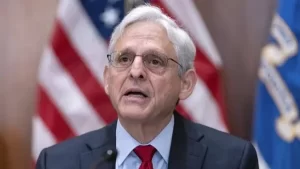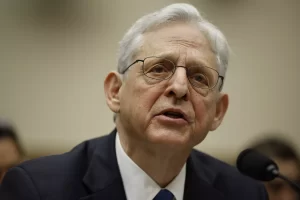For those suddenly awakened to the issues of police misconduct due to the arrest of golfer Scottie Scheffler, welcome to the conversation. The arrest, now under scrutiny, sheds light on the problematic culture within law enforcement, particularly within the Louisville Metro Police Department, which has a troubling history.
The released video footage of Scheffler’s arrest raises questions about the actions of Detective Bryan Gillis, who claimed Scheffler accelerated his car, dragging him. However, the reactions of other officers present suggest a lack of alarm, casting doubt on Gillis’ account.
Scheffler’s attorney maintains his client’s innocence, emphasizing that Scheffler did nothing wrong. The department’s decision to discipline Gillis for failing to activate his body camera is significant, especially in the context of Breonna Taylor’s tragic death. The incident prompted the implementation of a body camera policy to ensure transparency and accountability.
This case underscores broader issues within law enforcement, not limited to Louisville but prevalent across the country. The Black Lives Matter movement has long highlighted police abuses, sparking nationwide protests and reshaping conversations on race and justice.
The Justice Department’s scathing report on the Louisville police, detailing systemic violations of constitutional rights, particularly among Black citizens, underscores the urgent need for reform. Negotiations for federal oversight via a consent decree indicate the severity of the situation.
So, to those just joining the discussion, welcome. Let’s delve deeper into the complexities of police culture, racism, and mass incarceration.






